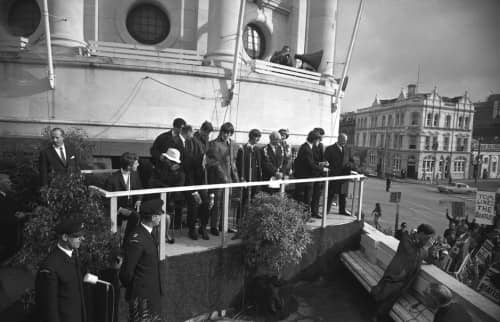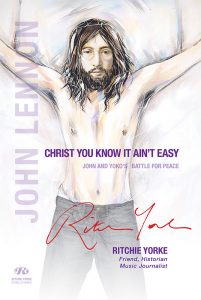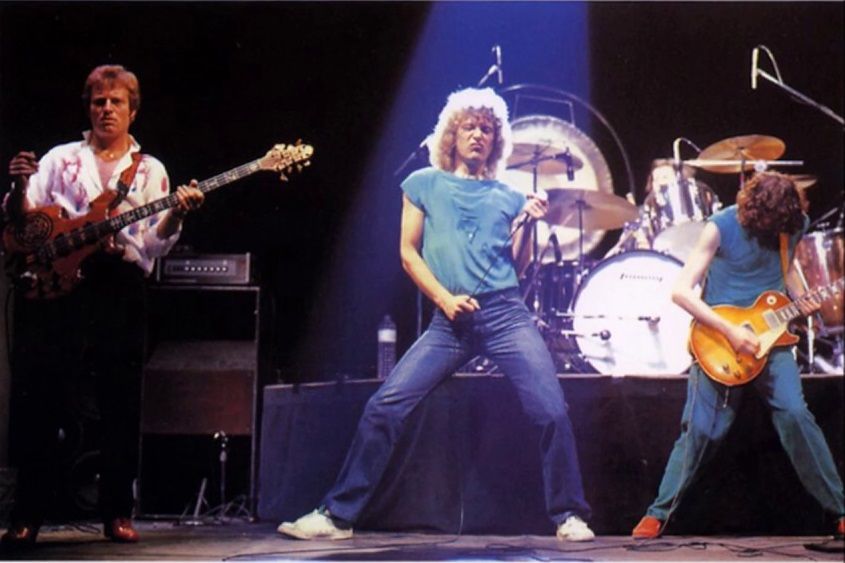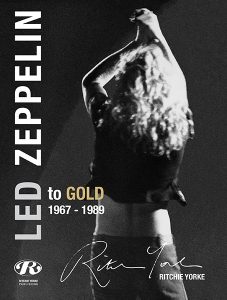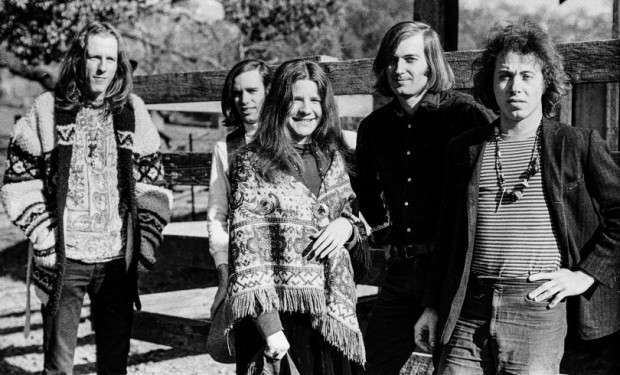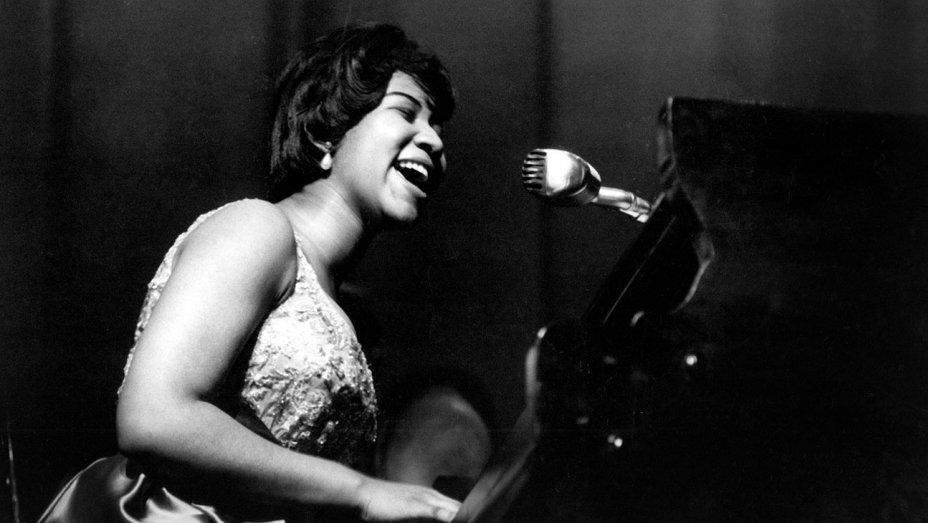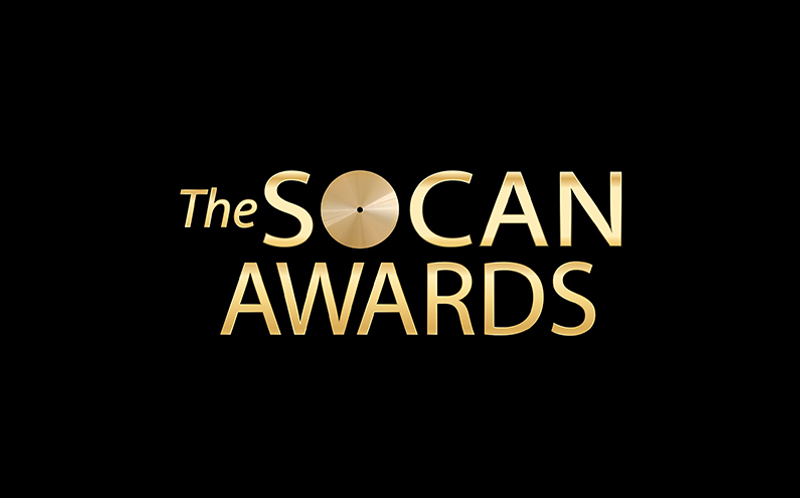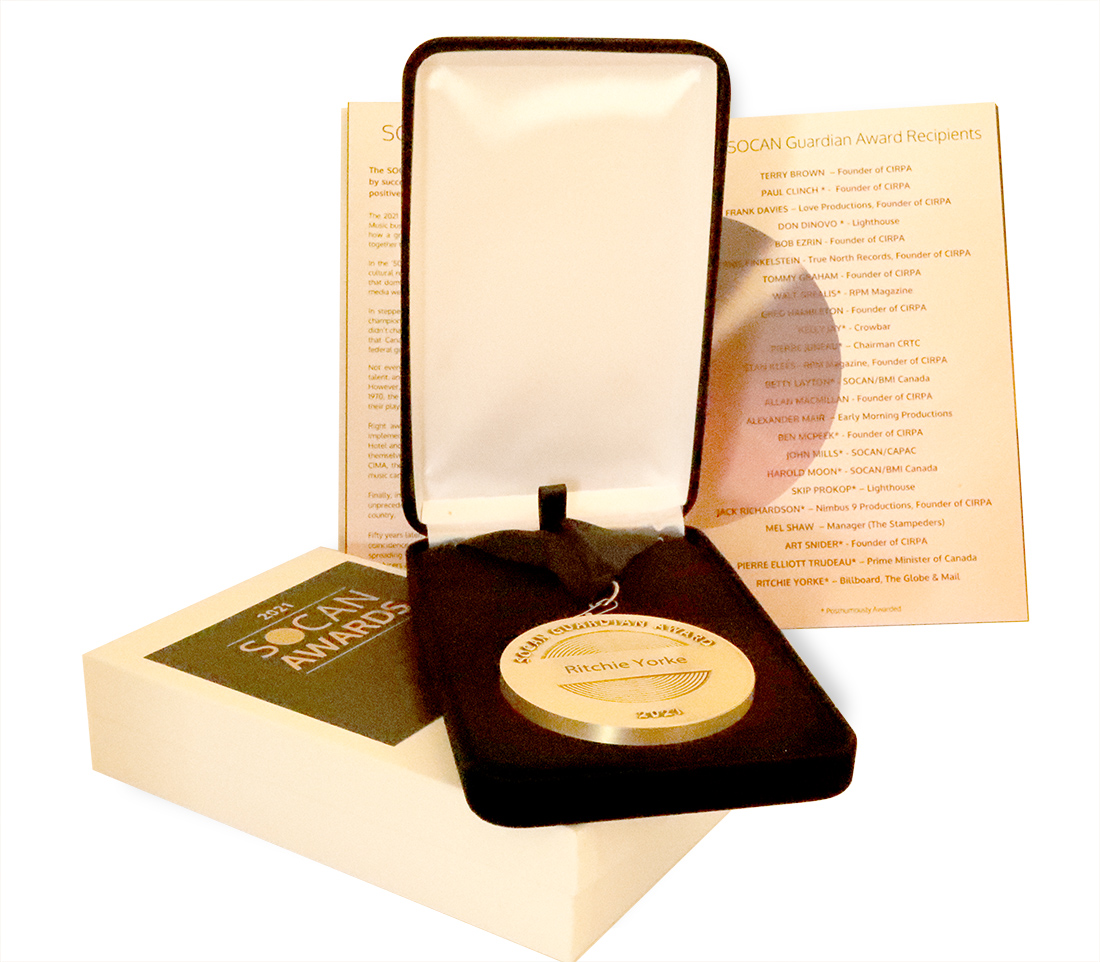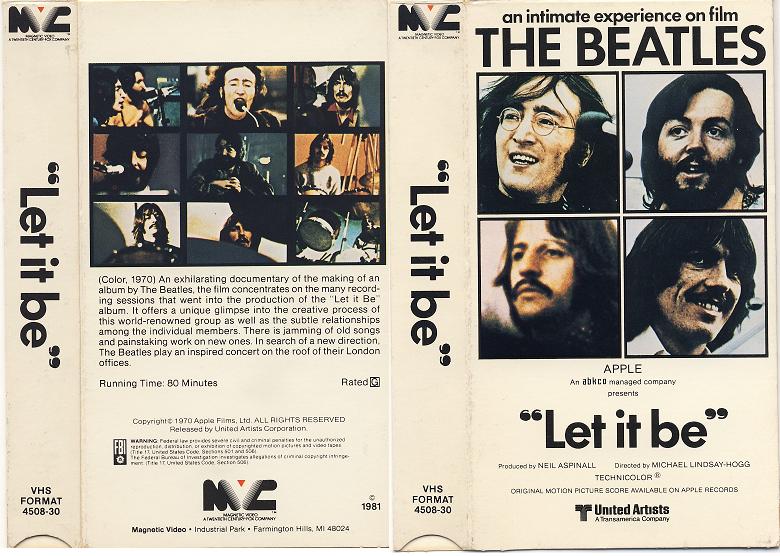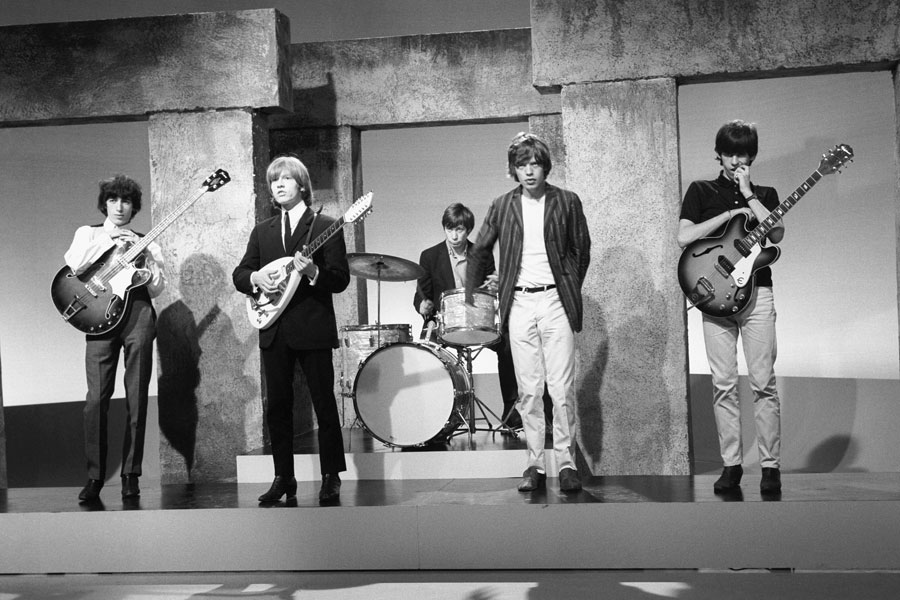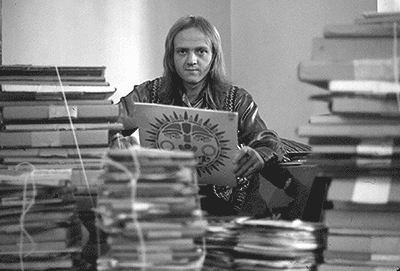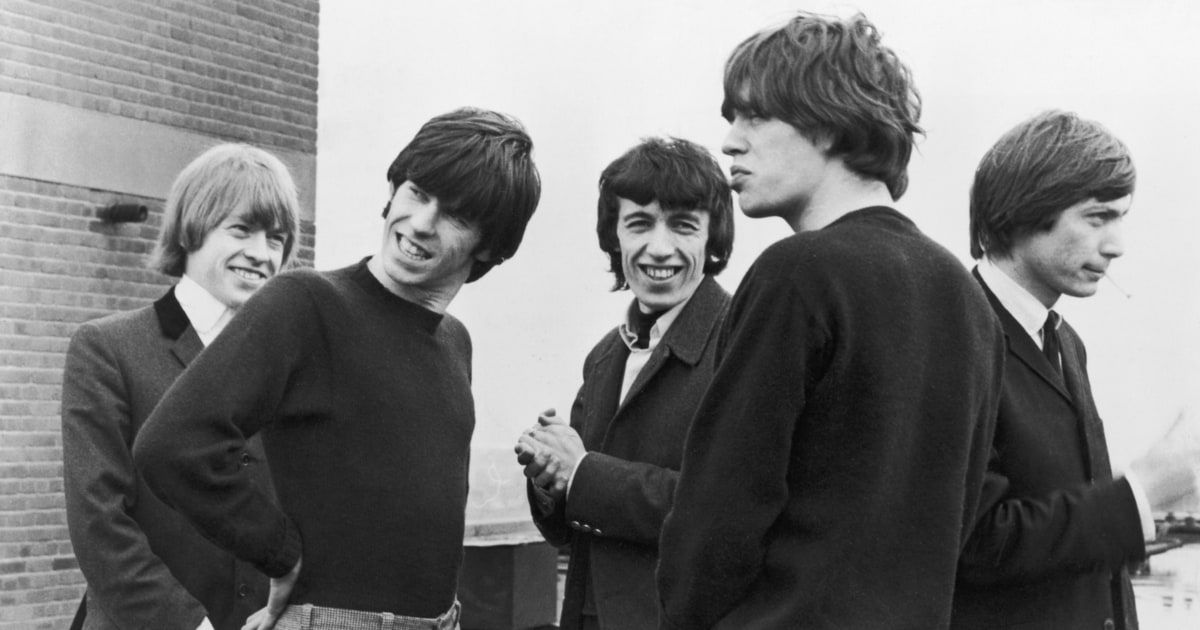24 Jun The Beatles Perform in Auckland for the First Time
On this day in 1964, The Beatles played the first of two shows in Auckland, New Zealand
After arriving in Wellington on the 21st, the band played four concerts across two days before heading for Auckland for the next four. The band played two shows a night, one at 6:30pm and one at 8:30pm.
The band was welcomed officially by the mayor, but the Auckland police were much less impressed. In 1981, a tour manager recalled the inspector in charge having the opening remark of “We didn’t want ‘em here and I don’t know why you brought ‘em.” This attitude caused a plethora of security issues throughout the tour. In Auckland, only three officers were assigned to protect the hotel entrance from a mob of several thousand fans. The Beatles were trampled underfoot as they tried to enter the hotel.
John Lennon was so outraged by the lack of security that he reportedly considered cancelling the shows. A tour manager claimed it was the one time he saw Lennon lose his temper, and that Ringo Starr was equally unimpressed. Both members were slightly injured and Lennon lost a clump of hair after being trampled by the crowds.
Despite these issues, the concerts went ahead as planned and were hugely successful, drawing a huge crowd of adoring fans. However more trouble arose as the band attempted to leave Auckland as a threat of a ‘germ bomb’ on the plane meant that police quarantined all stage equipment overnight and everyones suitcase was checked, delaying the flight by half an hour. Despite the turbulent issues that plagued the tour, the concerts are recalled fondly by the band and by New Zealanders.

